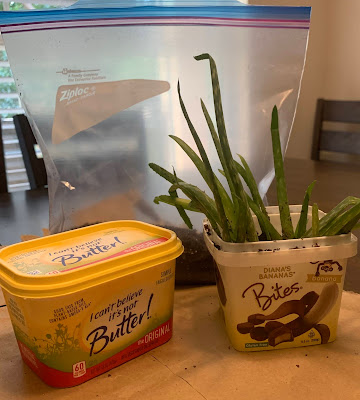Imposter Phenomenon
Imposter phenomenon/syndrome is something that can affect any new employees. It can make you feel unprepared, inadequate, and out of place in a new and competitive environment. The article, "Facing Imposter Syndrome as a New Grad," is very helpful in guiding new grads to assess and confront the characteristics of someone struggling with this issue. I scored less than 30 on the Clance IP Scale meaning I show very few characteristics of Imposter Syndrome. I feel that the questions asked in this assessment were very indicative of the external locus of control that I discussed in my previous blog. I personally relate to a more internal locus of control in that I don't believe I am lucky or successful by chance. I believe that hard work, dedication and passion promote success. Overall these materials were helpful in identifying negative thought patterns and feelings associated with imposter syndrome. With this knowledge I will be more prepared to confront imposter syndrome h...

